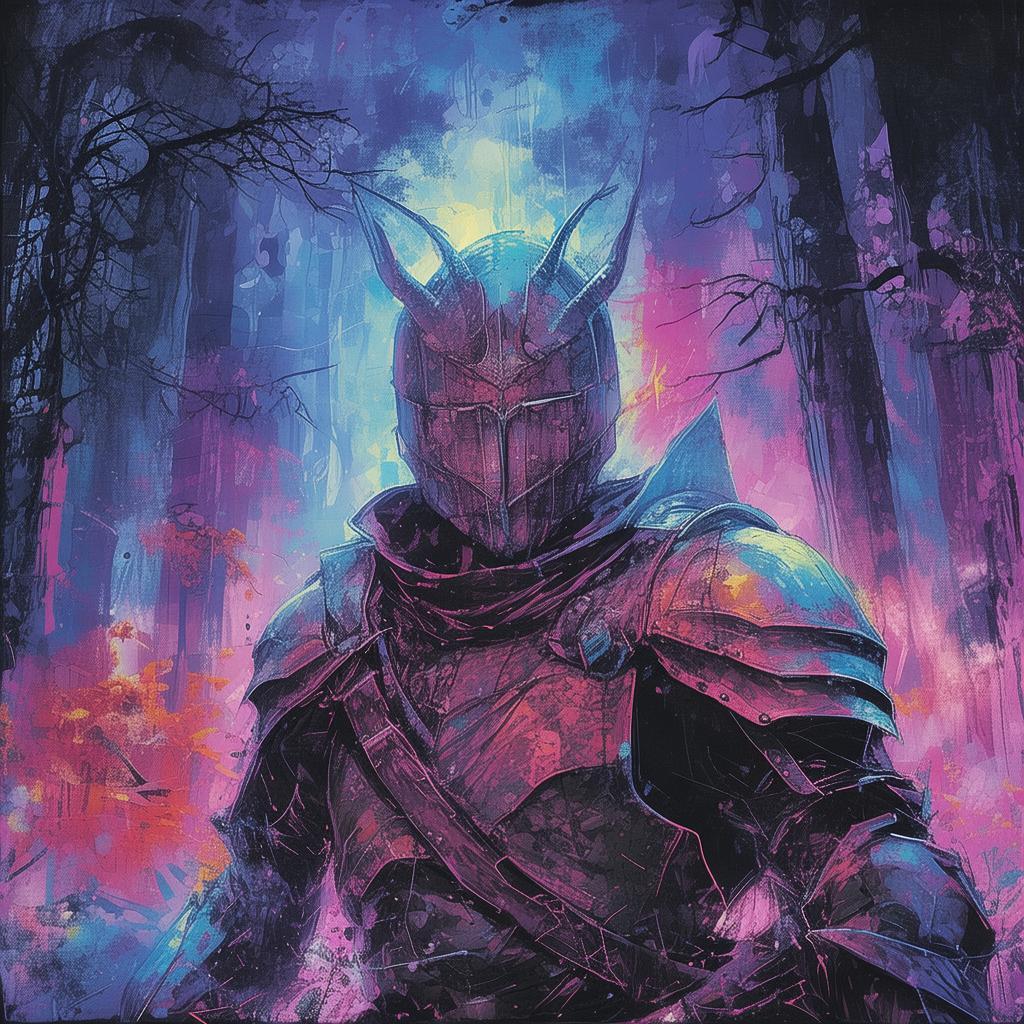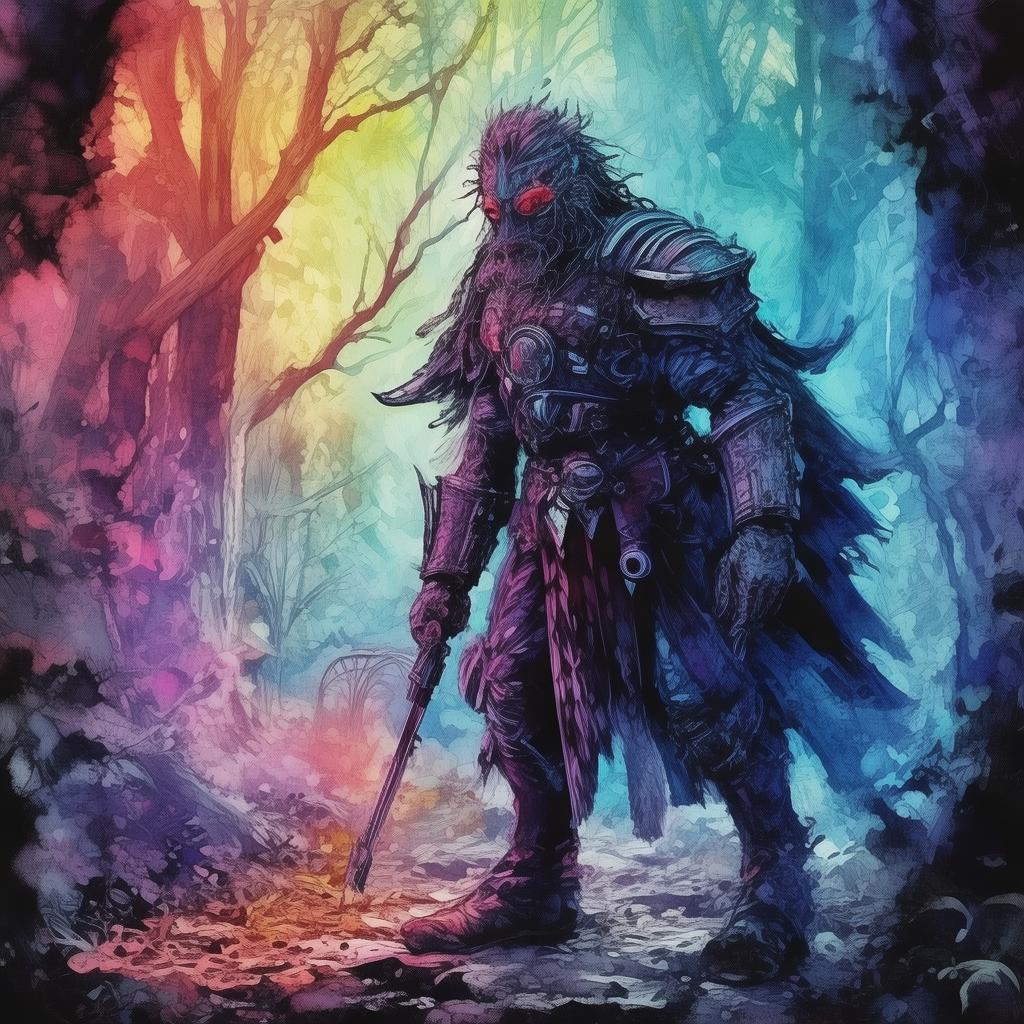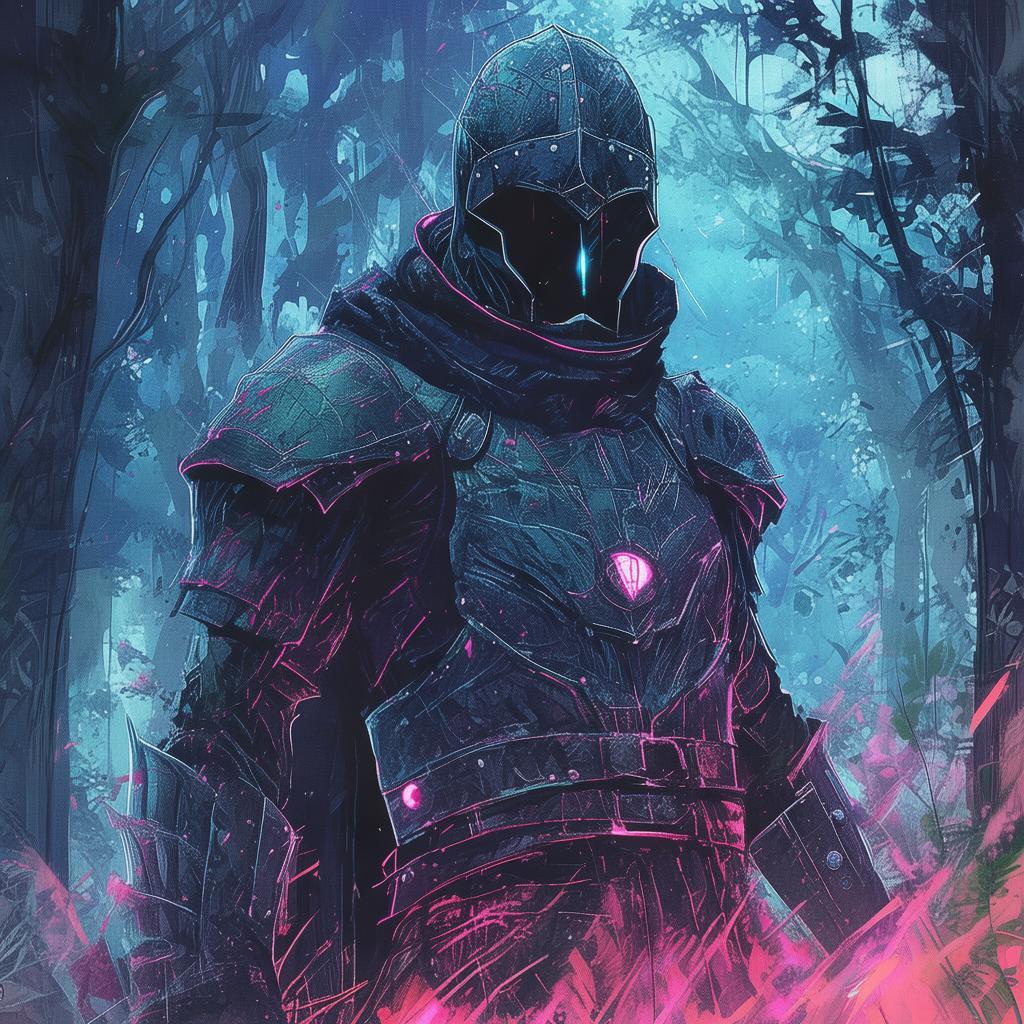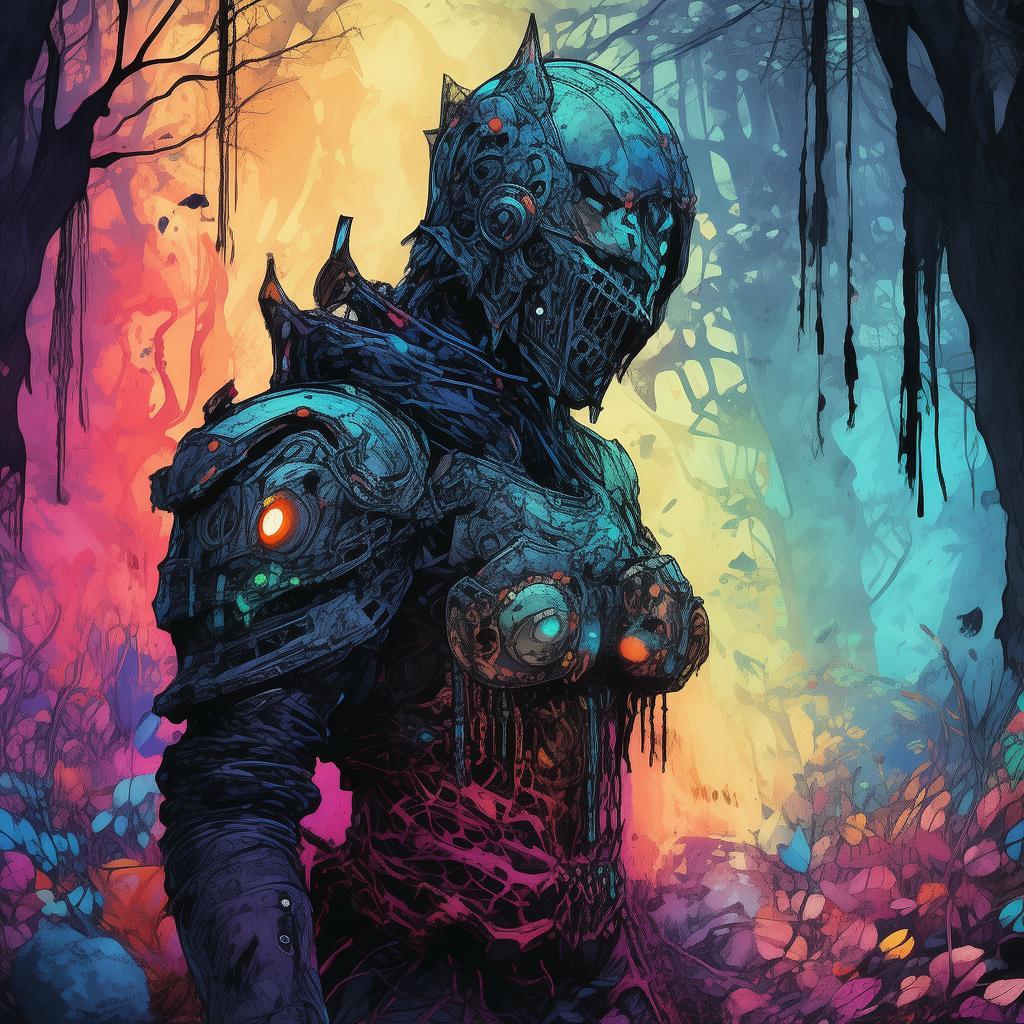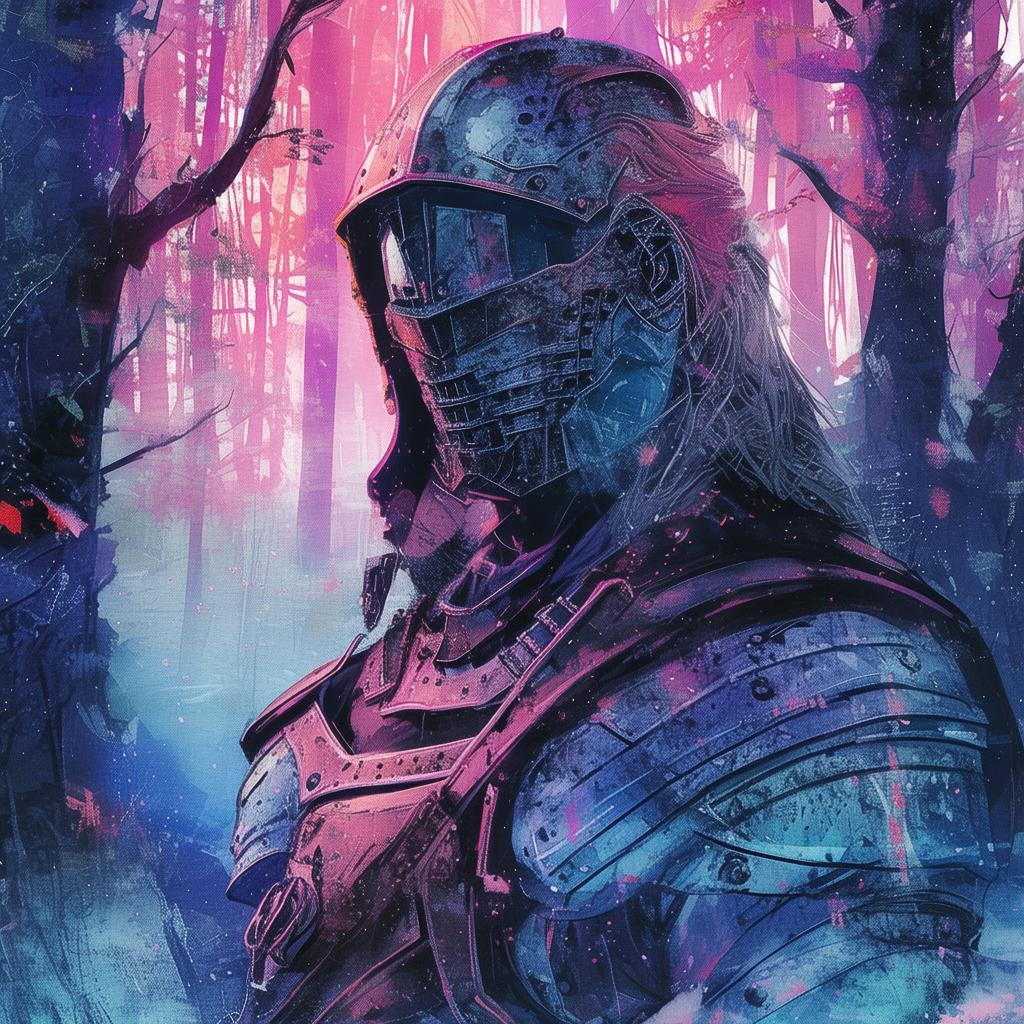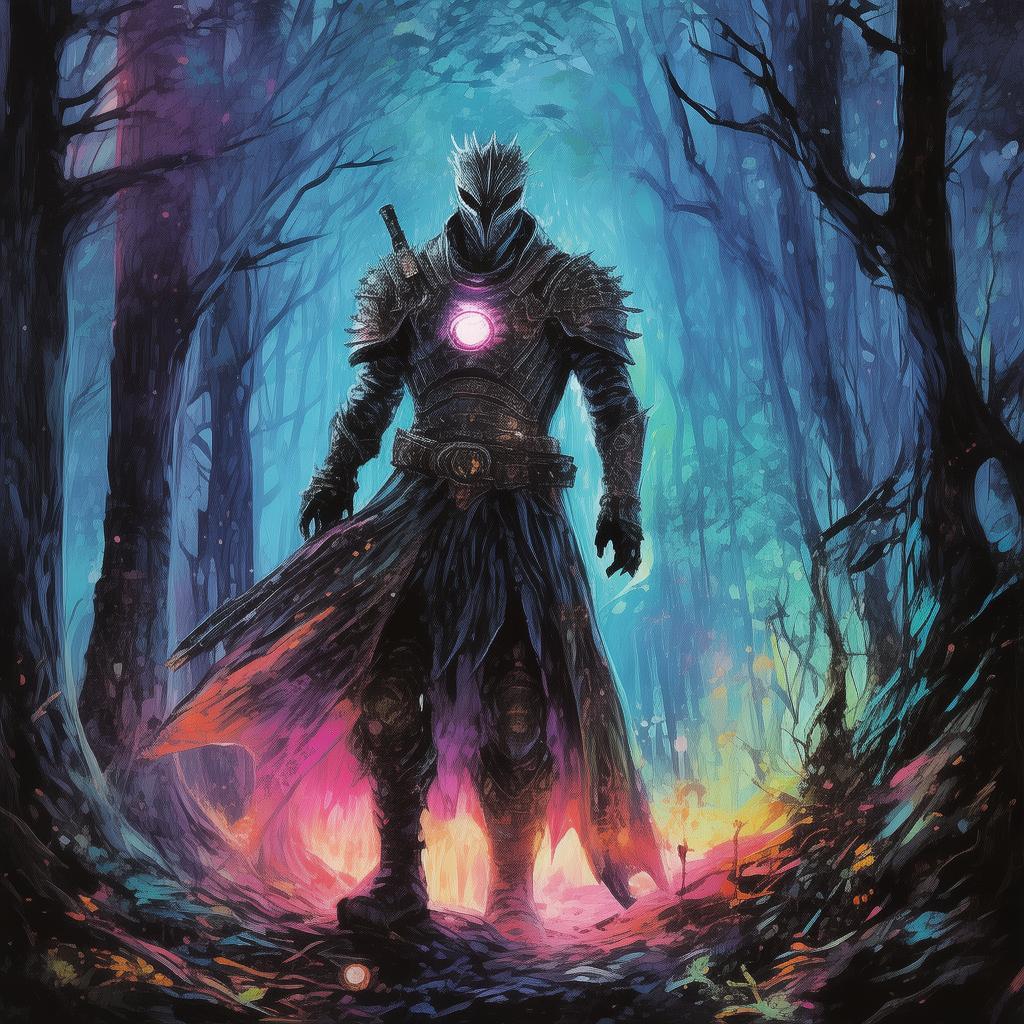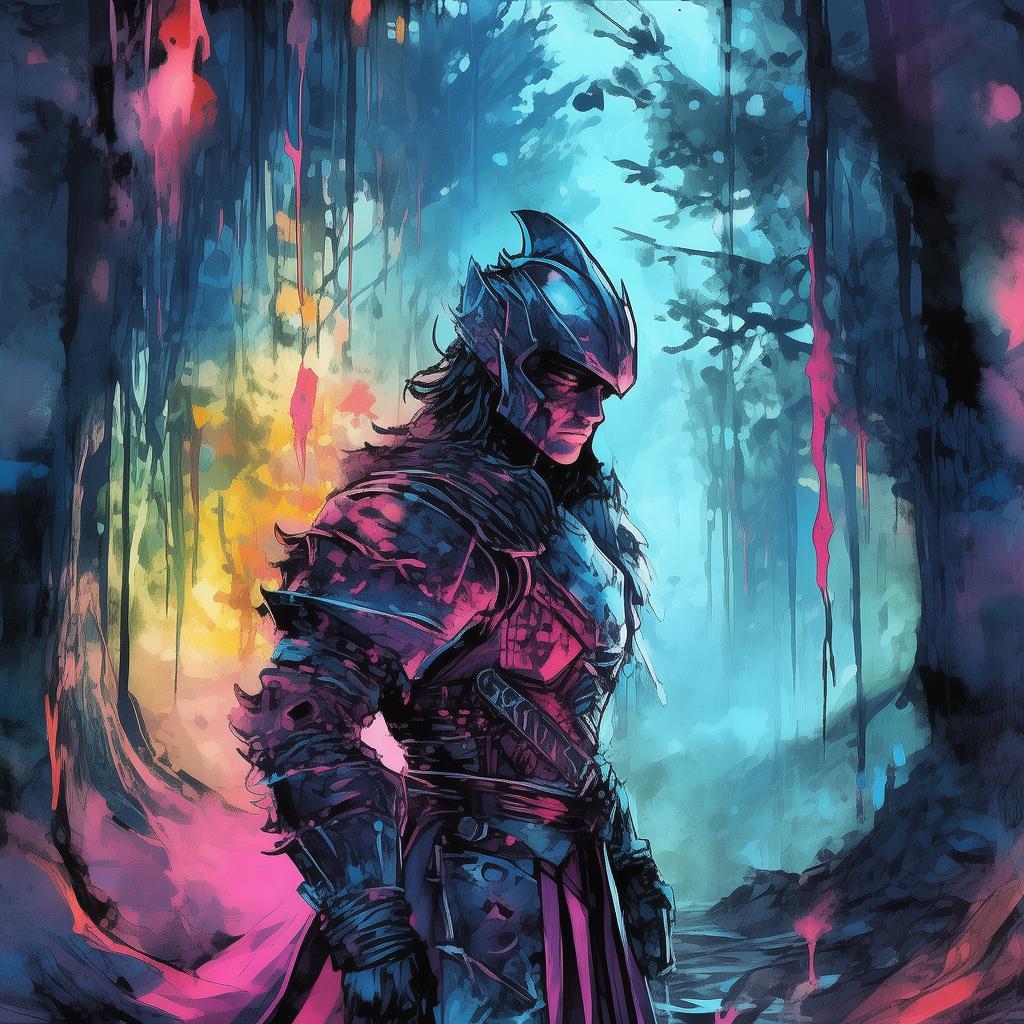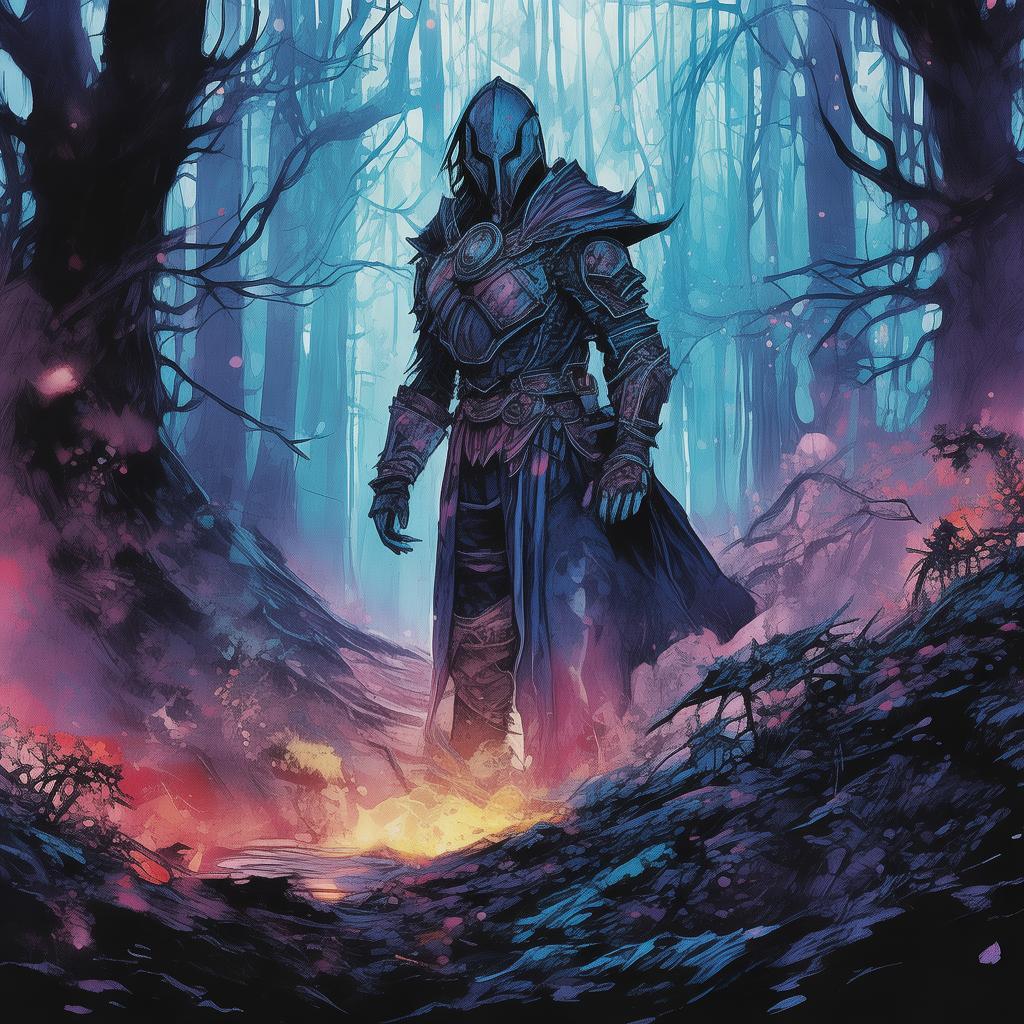The Lament of the Ashen Throne
In the heart of the ancient kingdom of Pyr, where the sun was a living god and the flames of the hearth were the blood of the earth, there stood the Ashen Throne. It was a throne of obsidian, its surface etched with the flames of creation, a reminder of the power that once lay within its grasp. The throne was the seat of the Fire God, a deity whose very essence was fire, and whose word was law.
The kingdom of Pyr was a land of constant flux, where the seasons were ruled by the whims of the Fire God. The people were a blend of fire and earth, their spirits kindled by the warmth of the sun and their bodies forged in the fires of the earth. They lived in harmony, their lives a dance with the flames that sustained them.
In the year of the Triple Eclipse, a prophecy was whispered among the elders. It spoke of a time when the Ashen Throne would be forsaken, and the land would be plunged into darkness. The prophecy spoke of a betrayer, one who would rise to claim the throne, not with the might of the Fire God, but with the cunning of the shadows.
Amara, the daughter of the High Priestess, was a child of the flames. Her eyes blazed with the fire of the gods, and her heart was as pure as the embers of the hearth. She was chosen to be the next High Priestess, to guard the secrets of the Fire God and to ensure the balance of power remained unbroken.

But as the years passed, Amara's spirit was tested. The flames that once danced within her eyes now flickered with doubt. She began to question the very nature of the Fire God and the prophecies that bound her people. She felt the pull of the shadows, the allure of power that was not of fire but of darkness.
One day, a figure emerged from the shadows, a man named Kael, whose eyes held the promise of power and the whispers of the past. He spoke of a forgotten age, when the Fire God was not the sole ruler of the land, but one among many. He spoke of a time when the Ashen Throne was not a symbol of power, but a beacon of unity.
Amara was drawn to Kael's words, her heart aching for the truth that lay hidden behind the flames. She saw in him a reflection of her own desires, a desire to break free from the chains of prophecy and to forge her own destiny.
Together, they plotted to take the Ashen Throne, to bring an end to the Fire God's rule and to unite the land under a new banner, one that would rise from the ashes of the old. They gathered the most cunning and powerful of the land, and together they began to stir the flames of rebellion.
But as the plot unfolded, the truth of Kael's past came to light. He was not the liberator he claimed to be, but a betrayer, a man who had once served the Fire God and had been cast out for his treachery. His eyes were not those of a liberator, but those of a man who had tasted power and wanted more.
Amara's heart was torn between her loyalty to the Fire God and her desire for freedom. She realized that Kael's vision was a mirage, a false promise that would only lead to more suffering and darkness.
In the climactic moment, Amara stood before the Ashen Throne, the flames of the hearth flickering around her. Kael, with a heart full of ambition, reached for the throne. But as he did, the ground beneath him trembled, and the flames of the hearth turned to embers.
Amara, with a voice that echoed the whispers of the Fire God, declared, "The throne belongs to those who serve the light, not the shadows." She pushed Kael away, and as he fell, the Ashen Throne crackled with power, the flames of creation rising to consume him.
The land of Pyr was saved, but at a great cost. The High Priestess, once a beacon of purity, now bore the scars of her betrayal. She looked into the flames and saw not only the light of the Fire God but the darkness that had almost consumed her.
The Lament of the Ashen Throne became a tale of power, prophecy, and betrayal, a story that would be told for generations. It was a reminder that the flames of creation could be both a source of life and a catalyst for destruction, and that the path to power was often paved with the bones of the innocent.
In the end, Amara returned to her duties as High Priestess, her heart forever changed. She vowed to protect the Fire God's legacy, to ensure that the balance of power remained, and that the land of Pyr would never again be consumed by the flames of darkness.
✨ Original Statement ✨
All articles published on this website (including but not limited to text, images, videos, and other content) are original or authorized for reposting and are protected by relevant laws. Without the explicit written permission of this website, no individual or organization may copy, modify, repost, or use the content for commercial purposes.
If you need to quote or cooperate, please contact this site for authorization. We reserve the right to pursue legal responsibility for any unauthorized use.
Hereby declared.

